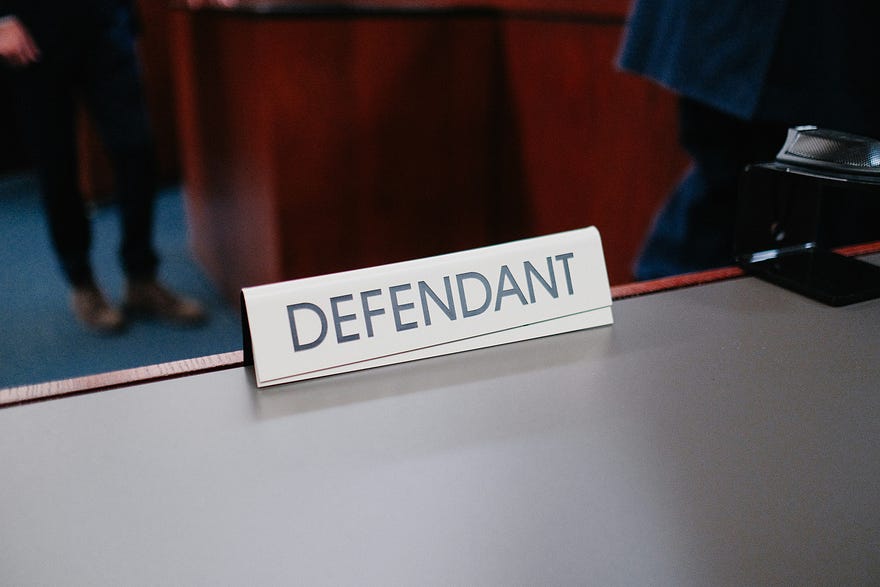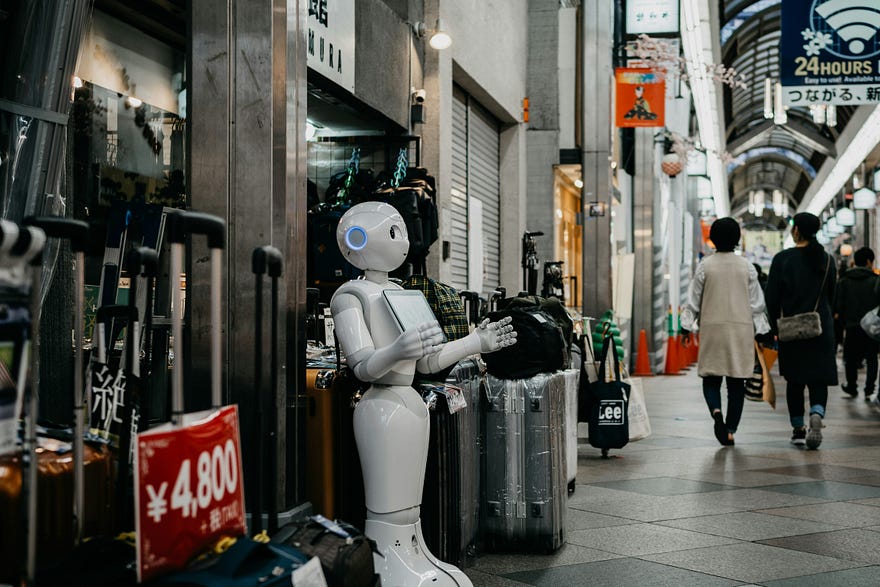
Imagine applying for your dream job, only to be screened out by an algorithm that isn’t programmed to see your potential. This is the chilling reality for many as one of the world’s biggest tech giants increasingly relies on Artificial Intelligence (AI) tools to automate the hiring process. A recent high-profile lawsuit against this technology titan is raising serious questions about bias in AI hiring algorithms, and the fight for a fair shot at landing a role in the age of automation.
Ever felt like your application was tossed aside by an emotionless machine? You might not be wrong.
The Algorithmic Interviewer: How AI is Changing Recruitment
AI is revolutionizing recruitment across the tech industry and beyond. Algorithmic screening tools scan resumes, analyze social media profiles, and even conduct video interviews using facial recognition and sentiment analysis to assess a candidate’s fit for open positions. These advanced AI tools promise unprecedented efficiency, but an increasing number of critics argue they can also perpetuate discrimination.
Is it progress when a machine decides your future? Or a step back into impersonal and unfair hiring practices?
Coded Bias: How AI Perpetuates Inequality
The core issue is that AI algorithms are only as good as the data they’re trained on. If that data reflects historical biases in hiring practices toward certain demographics, the AI tool may unconsciously favor particular groups over others when vetting candidates. For example, an algorithm trained primarily on resumes that came from men in a particular technical field might systematically downplay the qualifications of women applying for similar roles.
Are we programming machines to repeat our past mistakes? One glaring example is the underrepresentation of women and minorities in tech. If the training data predominantly features men from specific ethnic backgrounds, the AI could skew towards these profiles, dismissing equally qualified candidates from diverse backgrounds. This not only perpetuates inequality but also narrows the talent pool. Could this be why diversity in tech is still a distant dream?
The Lawsuit: Fighting for an Equal Opportunity

A class-action lawsuit recently filed against one of Silicon Valley’s marquee tech brands alleges that their AI hiring system discriminates against women and minority candidates. The plaintiffs claim the company’s automated resume screening tool disproportionately filtered out qualified candidates from underrepresented groups before they could be fully considered for open positions.
Should we trust these companies to police themselves, or is it time for government intervention? This high-stakes legal battle highlights the very real dangers of encoded bias in AI recruitment software and underscores the need for stricter regulations to ensure fairness in hiring as human resources increasingly relies on automation and algorithms. Is it possible that we’re moving too quickly into an AI-driven future without considering the ethical ramifications?
Beyond the Lawsuit: Building Equitable AI
Of course, the lawsuit against this tech giant is likely just the first salvo in a much broader conflict over bias in AI hiring practices across the industry. There is a growing movement pushing for the development and implementation of “Fair AI” standards for algorithms used in high-stakes decisions like recruitment.
This includes utilizing diverse, representative datasets to train machine learning models, regularly auditing algorithms for discriminatory outputs, and maintaining human oversight throughout the screening process rather than ceding decisions entirely to inscrutable AI systems. Are we doing enough to ensure these algorithms are truly fair?
The Future of Work: AI as an Assistive Tool, Not the Gatekeeper

AI absolutely has immense potential to revolutionize and streamline talent recruitment by accelerating the process of identifying promising candidates from large applicant pools. But it’s crucial that these advanced tools are developed and utilized in a fair, ethical, and bias-free manner.
Ultimately, the fight for equitable AI hiring practices is about much more than just getting a job. It’s a battle over equal opportunity, rooting out discrimination from foundational technologies, and ensuring that algorithms don’t become a new form of gatekeeping that reinforces historical inequities. Should algorithms decide our careers, or should they just assist humans in making better decisions?
The Human Touch: Balancing Efficiency and Fairness
While AI can process vast amounts of data faster than any human recruiter, it lacks the human touch. It cannot understand the nuances of a candidate’s unique journey, their resilience, or their potential beyond what’s on paper. A resume or a video interview can only capture so much, and reducing a person’s capabilities to data points can miss the broader picture.
Are we sacrificing the rich complexity of human experience for the sake of speed and efficiency? Creating ethical AI isn’t just about preventing discrimination — it’s about fostering inclusivity and understanding the profound impact of these technologies on people’s lives. It requires the collective effort of developers, lawmakers, businesses, and society to ensure that these tools are used responsibly. Do we trust the current systems in place to develop fair AI, or is there a need for more rigorous checks and balances?
The Road Ahead: Navigating the AI Landscape

As AI continues to evolve, so too must our approaches to integrating it into critical processes like hiring. Transparency, accountability, and inclusivity should be at the forefront of AI development. This isn’t just a technical challenge; it’s a moral imperative to ensure that every individual has a fair chance to succeed. What steps can we take today to ensure a fairer tomorrow in the world of AI-driven hiring?
Reflect and Engage
The questions raised by this ongoing legal battle touch on fundamental issues of fairness and equality. How can we ensure that AI tools are used ethically in hiring? What steps should companies take to prevent bias in their algorithms? Are current regulations sufficient, or do we need more stringent oversight?
What do you think? Is AI in hiring a step forward or a dangerous gamble?Let’s discuss these pressing issues. Your insights could be the key to shaping a fairer, more inclusive future for everyone. Share your thoughts and join the conversation in the comments below.
